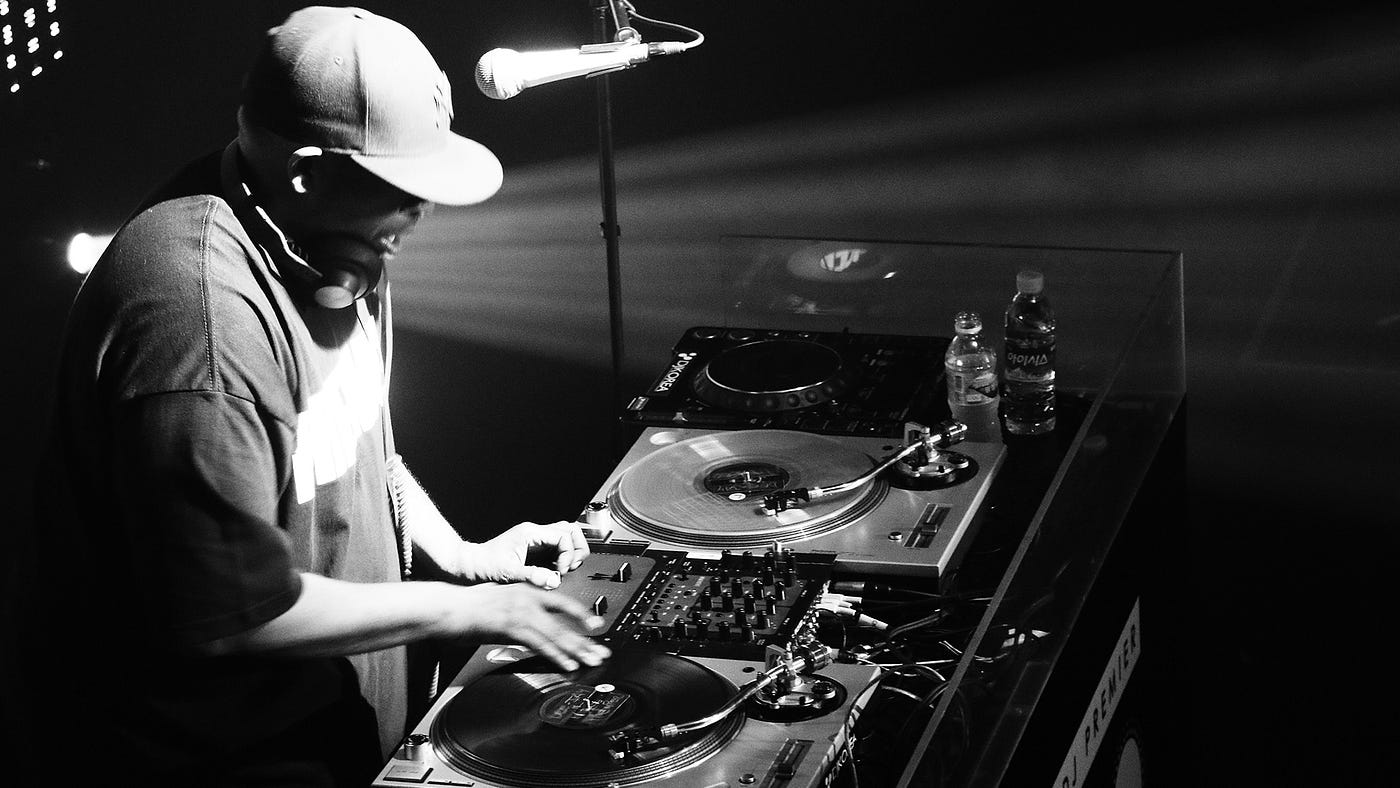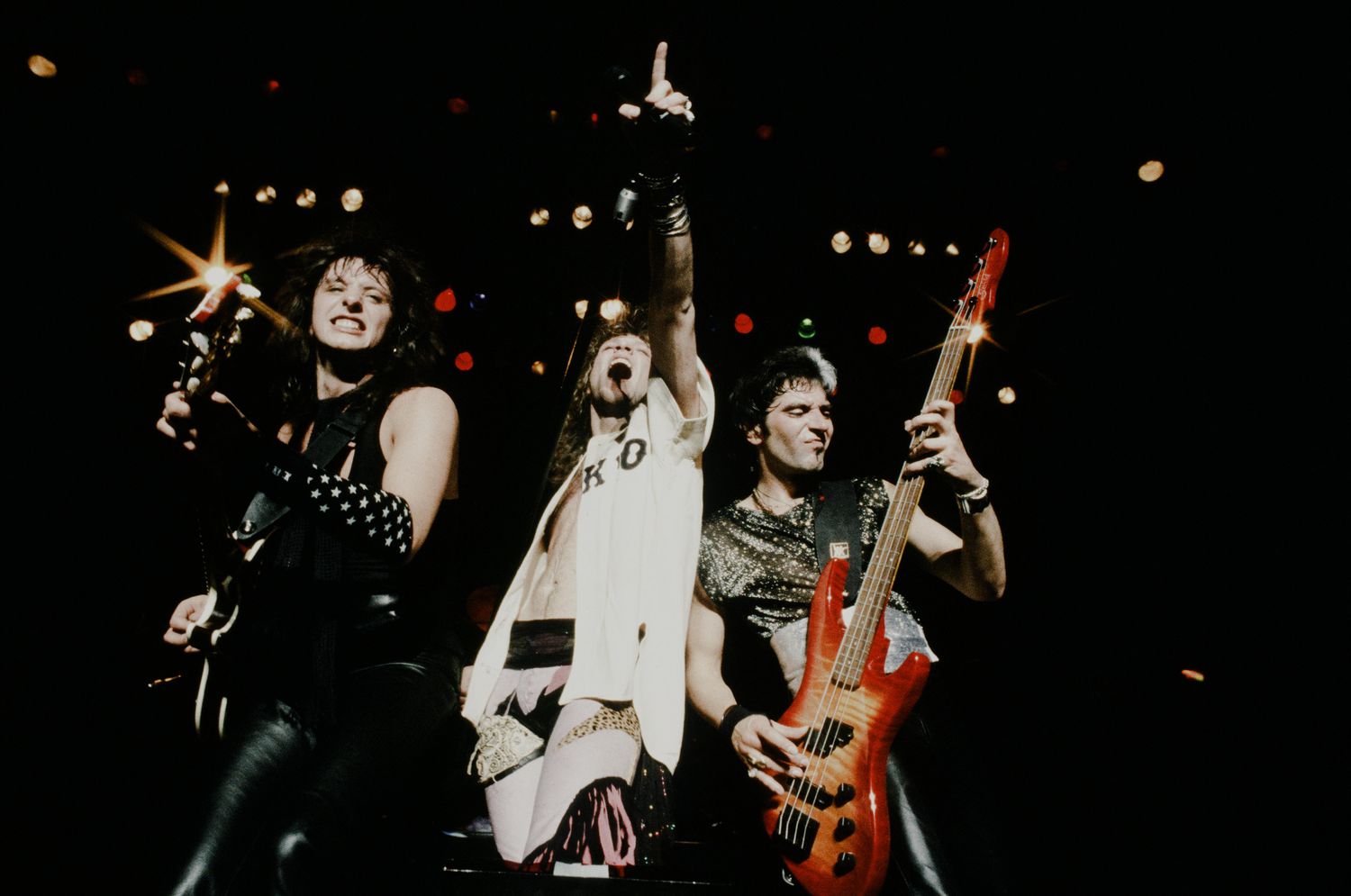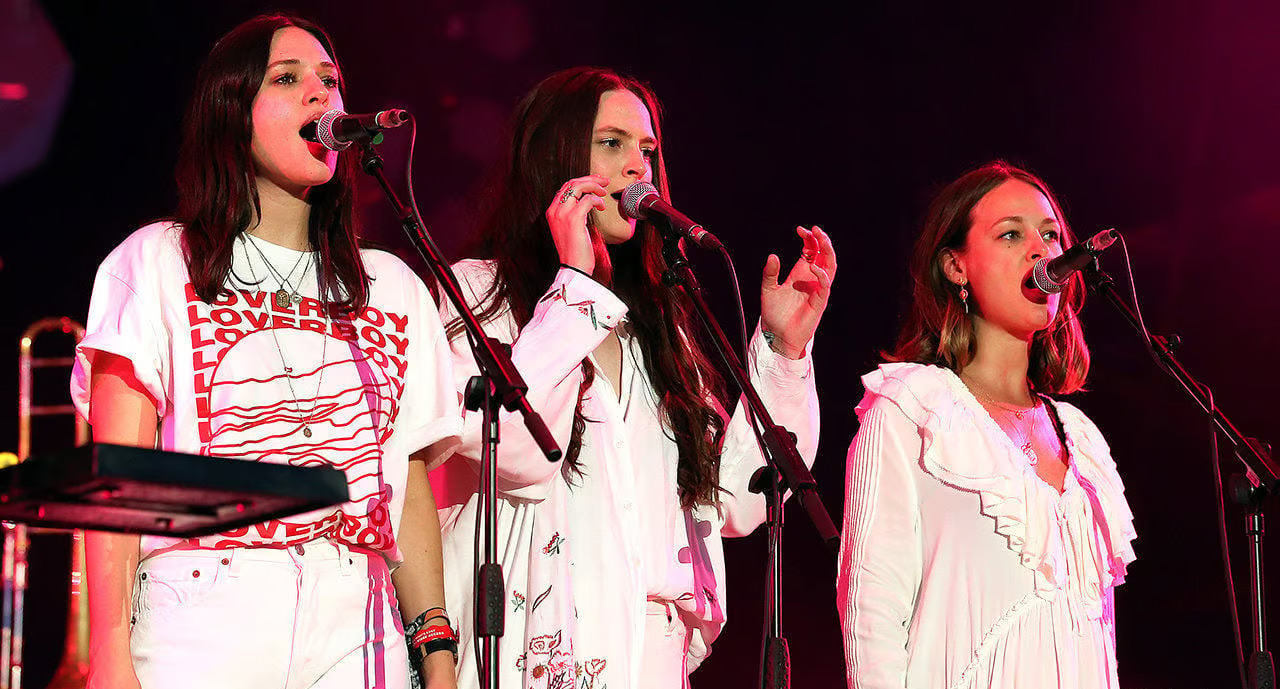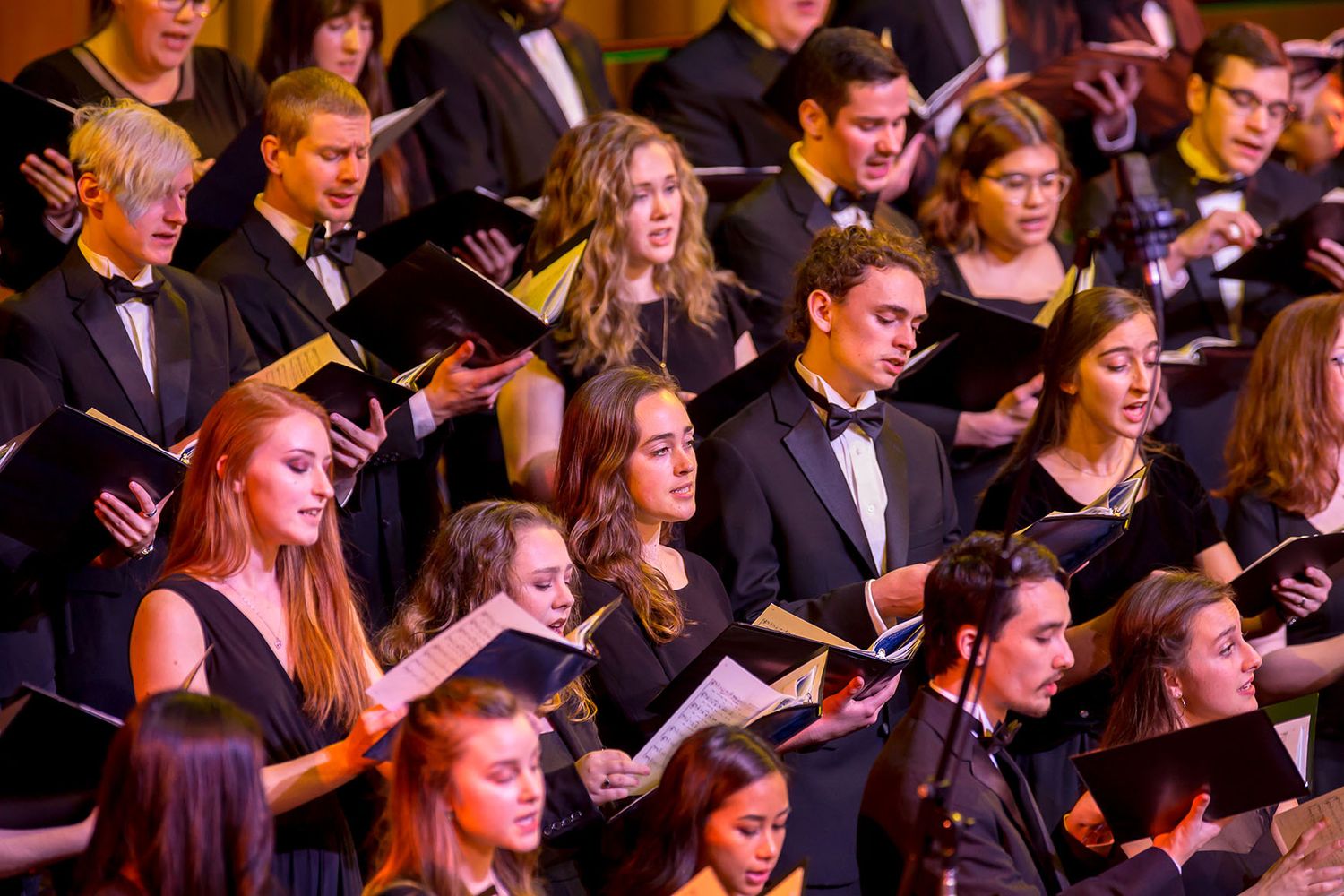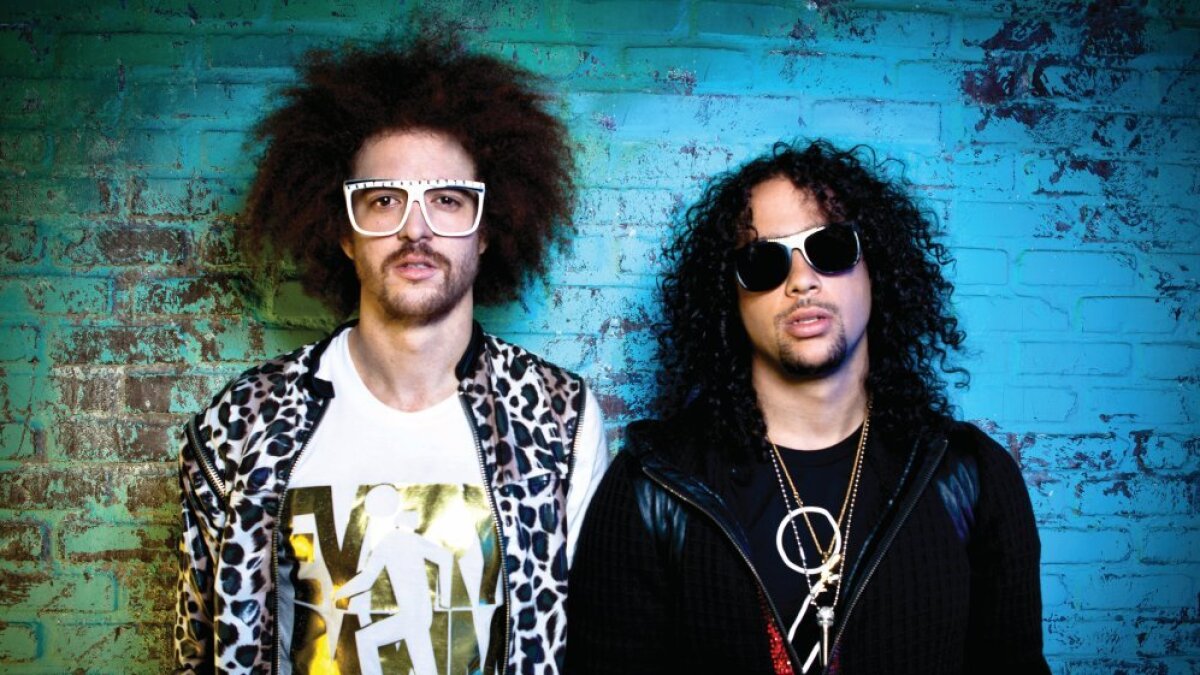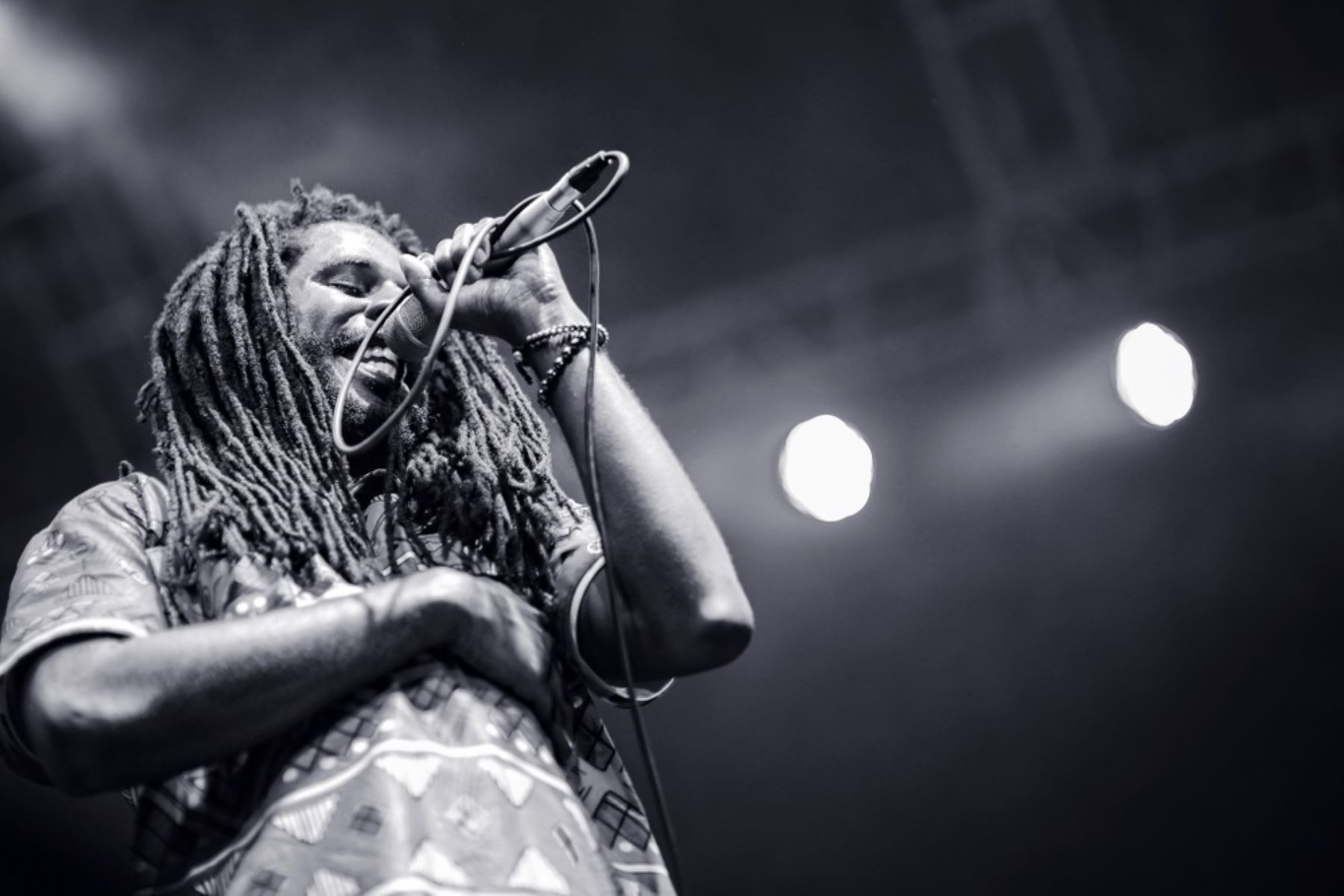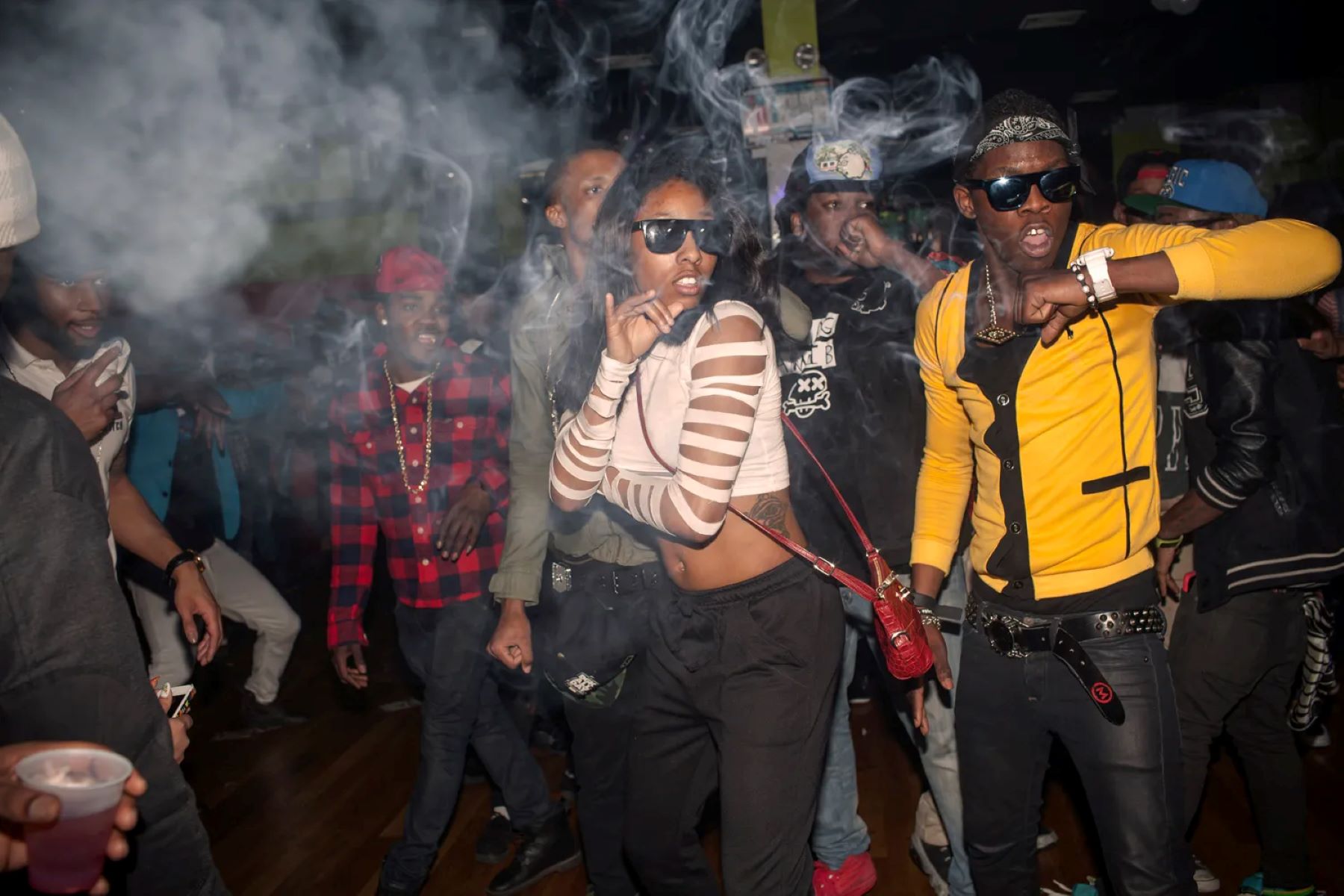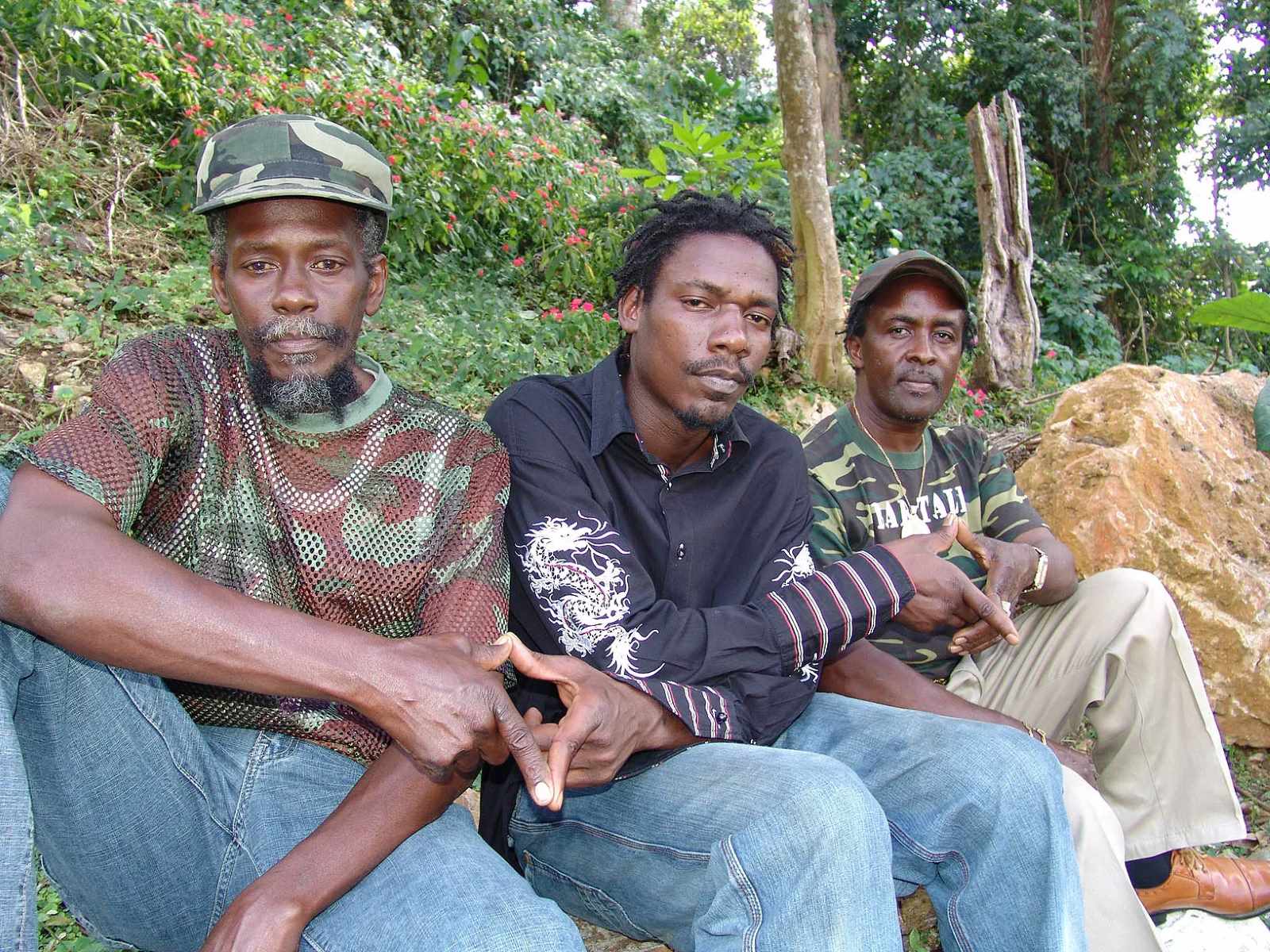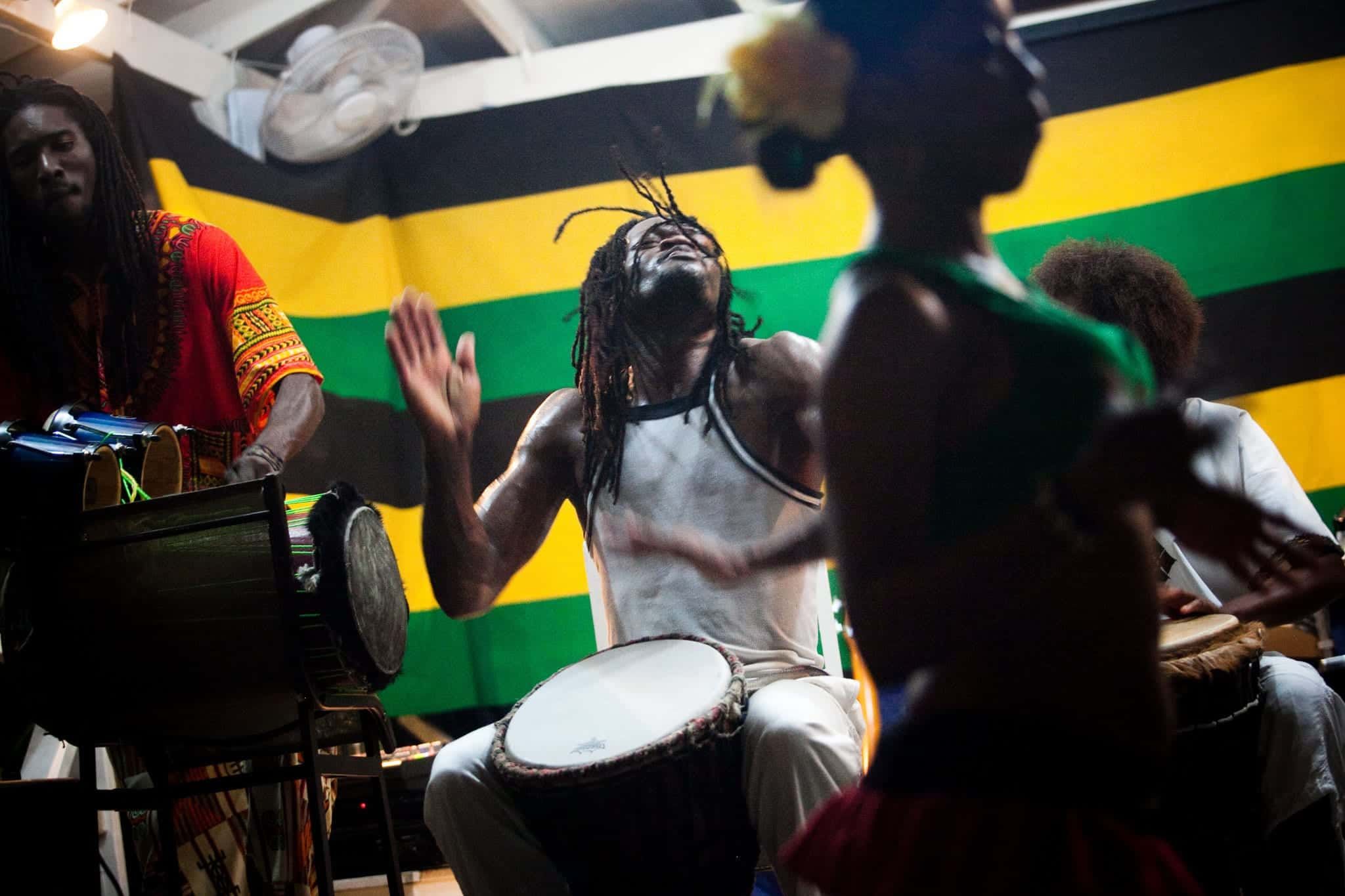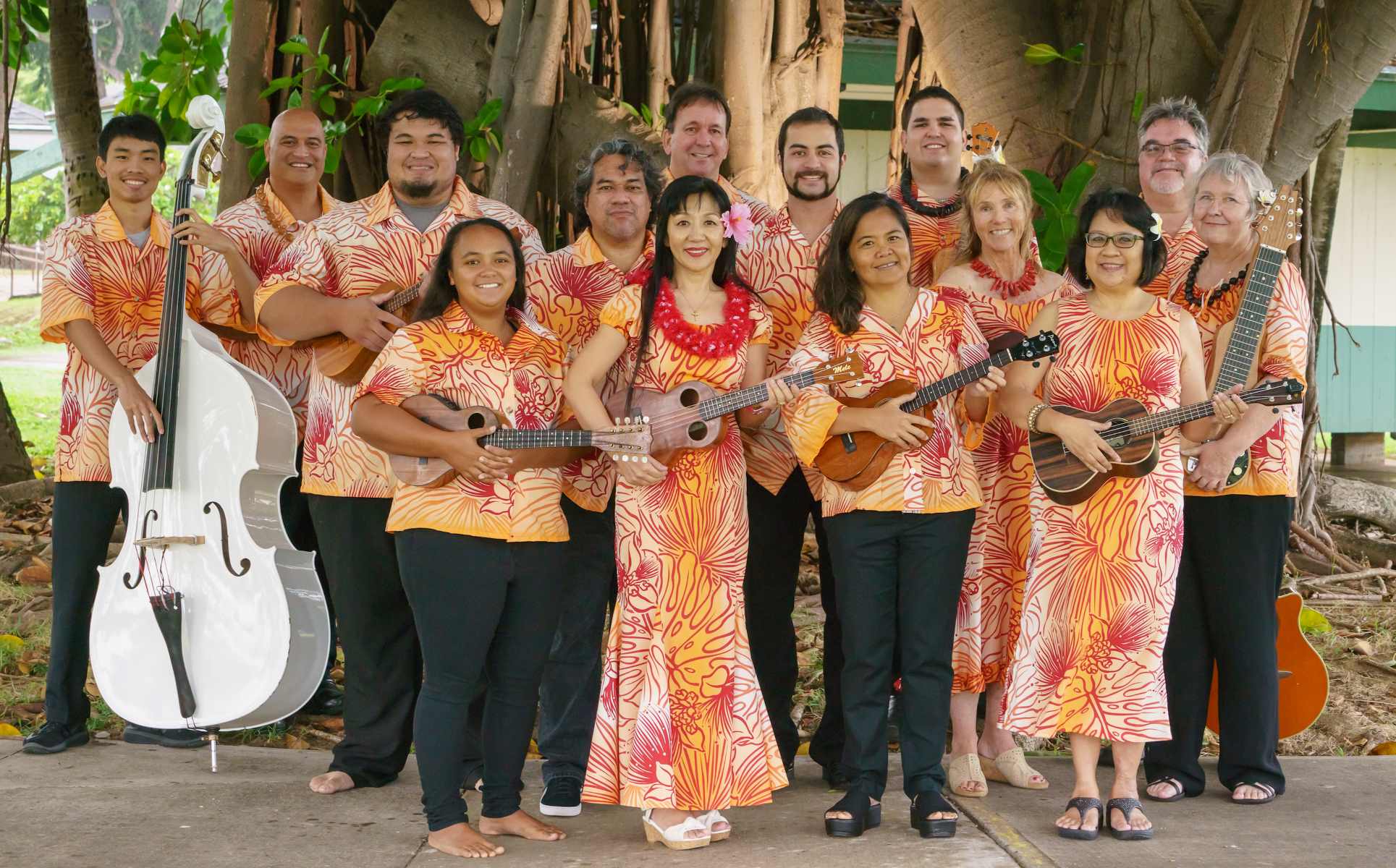

Reggae
What Genre Is Hawaiian Reggae
Modified: February 18, 2024
Discover the unique blend of Hawaiian and Caribbean beats with Hawaiian Reggae. Explore the captivating melodies and infectious rhythms of this popular reggae genre.
(Many of the links in this article redirect to a specific reviewed product. Your purchase of these products through affiliate links helps to generate commission for AudioLover.com, at no extra cost. Learn more)
Table of Contents
Introduction
Hawaiian Reggae, also known as Jawaiian, is a unique and vibrant genre that blends the rhythms and melodies of Reggae with the cultural flavors of the Hawaiian Islands. With its infectious beats, soulful vocals, and laid-back vibe, Hawaiian Reggae has become an integral part of the local music scene and has gained international recognition.
The roots of Hawaiian Reggae can be traced back to the 1970s, when Reggae music started to gain popularity worldwide. As the Reggae wave reached the shores of Hawaii, local artists began incorporating their own cultural influences and musical traditions, giving birth to the distinctive sound known as Jawaiian. This fusion of Reggae and Hawaiian elements created a refreshing and authentic genre that resonated with both locals and visitors alike.
One of the defining characteristics of Hawaiian Reggae is its emphasis on positive and uplifting lyrics. The songs often touch upon themes of love, unity, and the beauty of the islands. The lyrical content reflects the laid-back and carefree lifestyle that is synonymous with the Hawaiian culture, promoting a sense of relaxation and happiness.
Musically, Hawaiian Reggae retains the core elements of traditional Reggae, such as the prominent basslines, skanking guitar rhythms, and the iconic one-drop drum pattern. However, it infuses traditional Hawaiian instruments such as the ukulele and steel guitar to add a unique island flavor to the sound. The combination of these elements creates a distinct and joyful sound that is instantly recognizable.
Over the years, Hawaiian Reggae has evolved and diversified, incorporating influences from other genres like R&B, Hip Hop, and pop music. This fusion has resulted in a wide range of subgenres within Hawaiian Reggae, appealing to different tastes and preferences. Whether it’s the smooth and romantic ballads or the energetic and danceable tunes, Hawaiian Reggae offers something for everyone.
The impact of Hawaiian Reggae extends far beyond the realm of music. It has become a cultural phenomenon, reflecting the spirit and identity of the Hawaiian people. The genre celebrates the rich heritage and traditions of the islands, while also addressing contemporary issues and spreading messages of unity and positivity.
In this article, we will delve deeper into the history, musical elements, popular artists, notable songs, and the cultural significance of Hawaiian Reggae. Join us on this journey to discover the beauty and allure of this unique genre.
History of Hawaiian Reggae
The roots of Hawaiian Reggae can be traced back to the 1970s when the genre first gained popularity worldwide. As the Reggae wave hit the shores of Hawaii, local musicians were inspired to put their own spin on the sound, blending it with elements of their own cultural traditions. This fusion resulted in the birth of Hawaiian Reggae, also known as Jawaiian.
Jawaiian emerged as a distinct genre in the 1980s when artists like The Mana’o Company and Kapena started incorporating traditional Hawaiian instruments, such as the ukulele and steel guitar, into their Reggae-inspired music. They also infused the melodies and harmonies of traditional Hawaiian music, creating a unique sound that mirrored the beauty and serenity of the islands.
Hawaiian Reggae not only retained the core elements of traditional Reggae, such as the infectious basslines and laid-back rhythms, but it also added a tropical twist with the incorporation of the island-inspired instruments. The lyrics often reflect the love for the Hawaiian culture, the ocean, and the simple pleasures of island life.
Throughout the 1990s, Hawaiian Reggae gained significant popularity in the local music scene, with artists like Fiji, The Green, and Rebel Souljahz emerging as pioneers of the genre. These artists focused on creating harmonious melodies combined with heartfelt lyrics that resonated with both locals and visitors.
The rise of Hawaiian Reggae can be attributed to its relatability and authenticity. The genre speaks to the experiences and emotions shared by the people of Hawaii, capturing the essence of their lifestyle and connection to the land. It became the soundtrack to beach gatherings, backyard parties, and family get-togethers, creating a sense of unity and celebration.
In recent years, Hawaiian Reggae has continued to evolve and expand its influence. Artists like Anuhea, J Boog, and Kolohe Kai have brought a fresh wave of energy to the genre, infusing elements of R&B, Hip Hop, and pop music to create a more diverse sound.
Today, Hawaiian Reggae has a dedicated fan base both in Hawaii and around the world. The genre has transcended cultural boundaries and continues to captivate listeners with its catchy melodies, positive vibes, and profound lyrics.
Overall, the history of Hawaiian Reggae is a testament to the power of music in expressing cultural identity and fostering a sense of belonging. It is a genre that represents the unique blend of Reggae and Hawaiian traditions, offering a musical experience that transcends genres and transports listeners to the islands of Aloha.
Musical Elements of Hawaiian Reggae
Hawaiian Reggae, also known as Jawaiian, incorporates a harmonious blend of musical elements from both Reggae and traditional Hawaiian music. This fusion creates a distinctive sound that sets it apart from other Reggae genres and showcases the cultural richness of the Hawaiian Islands.
At its core, Hawaiian Reggae maintains the fundamental rhythmic patterns and instrumentation of traditional Reggae music. The prominent basslines, synchronized guitar skanks, and offbeat accents played by the drums form the backbone of the genre. These rhythmic elements provide a solid foundation for the laid-back and groovy feel of Hawaiian Reggae.
However, what truly sets Hawaiian Reggae apart is the incorporation of traditional Hawaiian instruments. The ukulele, with its bright and cheerful sound, adds a whimsical touch to the music. Its rhythmic strumming patterns and melodic solos can be heard in many Hawaiian Reggae songs, creating an unmistakable island flavor.
Another significant instrument in Hawaiian Reggae is the steel guitar. Originally introduced to Hawaii by immigrant workers from the island of Madeira, Portugal, the steel guitar has become synonymous with Hawaiian music. Its distinctive sliding melodies and smooth tones add a touch of sweetness and nostalgia to the genre.
In addition to the instrumentation, the vocal style of Hawaiian Reggae contributes to its unique sound. Artists often utilize smooth and soulful singing techniques, drawing inspiration from traditional Hawaiian chants and falsetto singing. These melodic and emotive vocals bring an added depth and richness to the music, enhancing the overall listening experience.
The lyrical content of Hawaiian Reggae is another important aspect of the genre. The songs often explore themes of love, unity, gratitude, and the beauty of the Hawaiian Islands. Lyrics celebrate the laid-back lifestyle, the connection to nature, and the appreciation for cultural heritage. This positive and uplifting message resonates with listeners and contributes to the feel-good vibes of Hawaiian Reggae.
Moreover, Hawaiian Reggae has diversified over the years by incorporating elements from other genres such as R&B, Hip Hop, and pop music. This fusion has led to the emergence of subgenres within Hawaiian Reggae, showcasing different musical influences and appealing to a broader audience.
Overall, the musical elements of Hawaiian Reggae encompass the infectious rhythms and melodies of traditional Reggae, combined with the unique sounds of Hawaiian instruments and the soulful vocals. It is this blend of musical influences that gives Hawaiian Reggae its distinctive and captivating sound, making it a beloved genre among locals and fans of Reggae music worldwide.
Influences on Hawaiian Reggae
Hawaiian Reggae, also known as Jawaiian, is a genre that has been shaped by a variety of musical influences throughout its history. While Reggae serves as the foundation, Hawaiian Reggae incorporates elements from other genres and cultural traditions, resulting in a unique and distinct sound.
One of the primary influences on Hawaiian Reggae is, of course, traditional Reggae music, which originated in Jamaica in the late 1960s. The infectious basslines, skanking guitar rhythms, and one-drop drum pattern of traditional Reggae provided the framework for Hawaiian artists to build upon. These elements were embraced and infused with the essence of the Hawaiian Islands, creating a fresh and vibrant sound.
Another significant influence on Hawaiian Reggae is the traditional music of Hawaii itself. Artists have drawn inspiration from the melodies, harmonies, and instrumentation of Hawaiian music, incorporating elements such as the ukulele and steel guitar. The incorporation of these traditional instruments adds a distinct Hawaiian flavor to the Reggae sound, creating a fusion that speaks to the cultural heritage of the islands.
Hawaiian Reggae has also been influenced by other genres outside of traditional Reggae, such as R&B, Hip Hop, and pop music. Artists have blended elements from these genres into their music, resulting in a more diverse and contemporary sound. This infusion of different styles has allowed Hawaiian Reggae to evolve and resonate with a wider audience.
The cultural influences on Hawaiian Reggae extend beyond just musical genres. The lyrics and themes of the songs often reflect the cultural traditions, values, and experiences of the Hawaiian people. Artists draw inspiration from the beauty of the land, the connection to nature, and the laid-back lifestyle of the islands. These influences shape the lyrical content, giving the music a unique Hawaiian perspective.
In addition to musical and cultural influences, Hawaiian Reggae has been influenced by the social and political climate of the islands. Artists have used their music as a platform to address societal issues and advocate for positive change. This includes themes of cultural preservation, environmental conservation, and social justice. Hawaiian Reggae serves as a voice for the local community, providing an outlet for expression and promoting unity.
Overall, the influences on Hawaiian Reggae are multi-faceted, encompassing both musical genres and cultural traditions. The combination of traditional Reggae, Hawaiian music, and other contemporary styles has created a dynamic and vibrant genre that continues to evolve. It is through these influences that Hawaiian Reggae has developed its distinctive sound and cultural significance.
Popular Artists and Bands in Hawaiian Reggae
Hawaiian Reggae, also known as Jawaiian, has produced a plethora of talented artists and bands that have gained popularity both locally and internationally. These artists have contributed to the growth and recognition of the genre, showcasing their skills and spreading the positive vibes of Hawaiian Reggae.
Fiji, also known as George Veikoso, is often credited as one of the pioneers of Hawaiian Reggae. His smooth vocals and heartfelt lyrics have resonated with audiences for decades. Known for his soulful ballads and infectious melodies, Fiji has become an icon in the genre, and his music continues to inspire generations of artists.
Anuhea, a singer-songwriter hailing from Maui, has made a significant impact on the Hawaiian Reggae scene. Her unique blend of Reggae, R&B, and pop elements has garnered her widespread acclaim. Anuhea’s powerful vocals and relatable lyrics have earned her a loyal fan base both in Hawaii and beyond.
J Boog, born in California and raised in Compton and Hawaii, has made a name for himself in the world of Hawaiian Reggae. Drawing influences from his Polynesian and Samoan heritage, J Boog’s music showcases his smooth vocals and catchy hooks. His energetic performances and charismatic stage presence have earned him a devoted following.
The Green, formed in 2009, has quickly risen to prominence in the Hawaiian Reggae scene. Known for their seamless blend of Reggae, R&B, and traditional Hawaiian music, The Green has produced chart-topping hits and captured audiences with their infectious melodies. Their music embodies the laid-back and joyful spirit of Hawaii.
Kolohe Kai, a band originating from the island of Oahu, has gained popularity with their feel-good tunes and upbeat melodies. Their catchy hooks and relatable lyrics have resonated with listeners, making them a favorite amongst fans of Hawaiian Reggae. Kolohe Kai’s music captures the carefree essence of island life.
Other notable artists and bands in Hawaiian Reggae include Rebel Souljahz, Ekolu, Maoli, and The Mana’o Company. Each of these artists has contributed to the growth and evolution of the genre, showcasing their unique styles and musical prowess.
The popularity of these artists and bands speaks to the universal appeal of Hawaiian Reggae. Their music combines infectious rhythms, soulful vocals, and uplifting lyrics that transcend cultural boundaries and resonate with people from all walks of life.
Whether it’s the smooth and heartfelt ballads from Fiji, the energetic performances of J Boog, or the catchy melodies of Anuhea, these popular artists and bands have played a vital role in shaping the sound and success of Hawaiian Reggae.
As Hawaiian Reggae continues to evolve, new artists and bands are emerging, adding their own unique flavors to the genre. Their contributions ensure that the legacy and spirit of Hawaiian Reggae live on, captivating audiences and spreading the Aloha spirit to listeners around the world.
Notable Hawaiian Reggae Songs
Hawaiian Reggae, also known as Jawaiian, has produced a plethora of notable songs that have become anthems of the genre. These songs capture the essence of the Hawaiian Islands, showcasing the infectious rhythms, soulful vocals, and positive messages that define Hawaiian Reggae.
One of the most iconic Hawaiian Reggae songs is “Island Style” by John Cruz. Released in 1996, this song celebrates the beauty of the islands and the laid-back lifestyle of Hawaii. With its catchy melodies and heartfelt lyrics, “Island Style” has become a classic that represents the spirit of Hawaiian Reggae.
“E Ala E” by Israel Kamakawiwo’ole, often referred to as “Bruddah Iz,” is another notable Hawaiian Reggae song. Known for his powerful vocals and captivating performances, Kamakawiwo’ole’s rendition of “E Ala E” showcases his ability to infuse Hawaiian music with the soulful sound of Reggae.
Fiji’s “Sweet Darlin'” is a beloved Hawaiian Reggae ballad that has touched the hearts of many. This romantic and melodic song highlights Fiji’s smooth vocals and heartfelt lyrics, making it a staple at weddings and romantic occasions throughout Hawaii and beyond.
“Here I Am” by SOJA featuring Rebelution is a collaboration that brings together two powerhouse bands in the Reggae scene. This uplifting and empowering song combines the soulful harmonies and strong lyrical messages of both bands, resulting in a powerful anthem of unity and self-empowerment.
Kolohe Kai’s “Cool Down” is a fun and energetic Hawaiian Reggae song that embodies the carefree and joyful spirit of the islands. With its catchy chorus and infectious rhythms, “Cool Down” has become a favorite among fans of the genre, inspiring listeners to relax and enjoy life’s simple pleasures.
“Backyard Party” by The Green is a lively and upbeat tune that captures the essence of a typical Hawaiian gathering. With its infectious melodies and groovy rhythms, this song transports listeners to the backyard parties and beach gatherings that have become synonymous with Hawaiian Reggae culture.
These are just a few examples of the notable Hawaiian Reggae songs that have made an impact on the genre and the music scene in general. Each song captures the unique blend of Reggae, Hawaiian influences, and positive messages that define Hawaiian Reggae.
Through their music, these artists and their notable songs have shaped the cultural landscape of Hawaii and spread the Aloha spirit worldwide. Whether it’s the nostalgic melodies of “Island Style,” the empowering lyrics of “E Ala E,” or the joyful vibes of “Cool Down,” these songs continue to inspire and uplift listeners, making them an integral part of the Hawaiian Reggae experience.
Impact and Cultural Significance of Hawaiian Reggae
Hawaiian Reggae, also known as Jawaiian, has had a significant impact on the cultural landscape of Hawaii and beyond. The genre’s unique blend of Reggae rhythms, Hawaiian influences, and positive messages has not only reshaped the local music scene but has also become a powerful medium for cultural expression and unity.
One of the key contributions of Hawaiian Reggae is its ability to capture the spirit and identity of the Hawaiian people. The lyrics often celebrate the beauty of the islands, the love for the land and sea, and the cultural traditions that define the Hawaiian culture. Hawaiian Reggae has become a musical representation of the Aloha spirit, showcasing the values of love, unity, and respect.
Hawaiian Reggae has provided a platform for local artists to express their cultural pride and share their stories. The genre has given voice to the experiences and perspectives of the Hawaiian community, addressing topics such as cultural preservation, environmental conservation, and social issues. Through their music, artists have been able to educate and inspire audiences, fostering a greater understanding and appreciation for Hawaiian culture and its unique challenges.
Moreover, Hawaiian Reggae has played a vital role in promoting and preserving the Hawaiian language. Many songs in the genre incorporate Hawaiian lyrics and expressions, keeping the language alive and encouraging its use among listeners. This has helped to revitalize and celebrate the Hawaiian language, contributing to the overall preservation of the culture.
Another aspect of Hawaiian Reggae’s impact lies in its role as a cultural unifier. The genre transcends social, racial, and generational boundaries, bringing people together through its infectious rhythms and positive messages. Whether at concerts, festivals, or backyard gatherings, Hawaiian Reggae has become a soundtrack that fosters a sense of community and togetherness.
Hawaiian Reggae has also made a mark on the global music scene, with its positive messages and infectious melodies resonating with listeners around the world. The genre’s popularity has led to international recognition for Hawaiian artists, exposing a broader audience to the rich cultural heritage of Hawaii.
Furthermore, Hawaiian Reggae has become a powerful tool for cultural exchange and cross-pollination. The fusion of Reggae with Hawaiian elements has inspired artists from other genres to explore and incorporate Hawaiian influences into their own music. This cultural exchange has created an enriching musical landscape where traditions are honored and new sounds are created.
In summary, the impact and cultural significance of Hawaiian Reggae cannot be overstated. Beyond its musical contributions, the genre has become a symbol of cultural pride, a vehicle for preserving the Hawaiian language, and a unifying force for communities. Hawaiian Reggae continues to inspire and uplift listeners, spreading the spirit of Aloha and celebrating the beauty and richness of Hawaiian culture.
Comparison to Other Reggae Genres
Hawaiian Reggae, also known as Jawaiian, stands out among other Reggae genres due to its unique fusion of Reggae rhythms with traditional Hawaiian elements. While it shares common roots with other Reggae genres, such as Jamaican Reggae, Caribbean Reggae, and American Reggae, Hawaiian Reggae has its own distinct sound and cultural influences.
One of the key differences between Hawaiian Reggae and other Reggae genres lies in its incorporation of traditional Hawaiian instruments. The use of instruments like the ukulele and steel guitar adds a distinct island flavor to the music, giving Hawaiian Reggae a more tropical and laid-back vibe. This combination of Reggae and Hawaiian elements creates a sound that is instantly recognizable and sets it apart from other Reggae genres.
Lyrically, Hawaiian Reggae often celebrates the beauty of the Hawaiian Islands, the love for the land and sea, and the cultural traditions of Hawaii. The lyrics convey a sense of pride and connection to the local community, reflecting the unique experiences and perspectives of the Hawaiian people. In contrast, other Reggae genres may focus on social or political issues, love, spirituality, or personal struggles, reflecting the cultural and social contexts of the regions they originate from.
Another notable difference is the use of language. While many Reggae genres predominantly use English as the primary language for their lyrics, Hawaiian Reggae incorporates Hawaiian language and expressions. This inclusion helps to preserve and promote the Hawaiian language and adds cultural depth to the music, creating a distinct identity for Hawaiian Reggae.
Musically, Hawaiian Reggae retains the core elements of traditional Reggae, such as the basslines, guitar skanks, and the one-drop drum pattern. However, the incorporation of traditional Hawaiian instruments adds a different tonal quality and rhythm to the music, creating a unique blend of island sounds and Reggae rhythms. This fusion gives Hawaiian Reggae its own distinct flavor and contributes to its overall cultural significance.
It is also worth noting that Hawaiian Reggae has diversified and evolved over time, incorporating influences from other genres like R&B, Hip Hop, and pop music. This fusion has led to a wide range of subgenres within Hawaiian Reggae, appealing to different musical tastes and preferences.
While Hawaiian Reggae shares similarities in terms of its essence and roots with other Reggae genres, it stands apart due to its incorporation of Hawaiian elements, language, and cultural influences. The combination of Reggae rhythms with the tropical sounds of traditional Hawaiian instruments creates a unique and recognizable sound that embodies the spirit and identity of Hawaii.
Conclusion
Hawaiian Reggae, also known as Jawaiian, is a genre that has captivated audiences with its infectious rhythms, soulful vocals, and positive messages. The unique fusion of Reggae with traditional Hawaiian elements has created a distinctive sound that celebrates the beauty and cultural richness of the Hawaiian Islands.
Throughout its history, Hawaiian Reggae has evolved and grown, thanks to the contributions of talented artists who have become icons of the genre. From the smooth vocals of Fiji to the energetic performances of J Boog, these artists have left an indelible mark, shaping the sound and success of Hawaiian Reggae.
Aside from its musical influence, Hawaiian Reggae holds significant cultural importance. It serves as a platform for cultural expression and unity, preserving and promoting the Hawaiian language, and celebrating the values of love, unity, and respect. Through the positive messages and relatable lyrics, Hawaiian Reggae has become a voice for the local community, addressing contemporary issues and spreading messages of hope and positivity.
The impact of Hawaiian Reggae extends beyond the islands of Hawaii. Its infectious melodies and heartfelt lyrics have gained international recognition, captivating listeners around the world and spreading the spirit of Aloha. The genre’s ability to transcend cultural boundaries and resonate with diverse audiences reflects its universal appeal and power to connect people through music.
Hawaiian Reggae stands apart from other Reggae genres due to its incorporation of traditional Hawaiian elements, including the use of ukulele, steel guitar, and the integration of Hawaiian language and expressions. This unique blend creates a harmonious fusion that embodies the essence of the Hawaiian culture and sets Hawaiian Reggae apart from its counterparts.
In conclusion, Hawaiian Reggae has left an indelible mark on the music landscape, weaving together the soulful rhythms of Reggae with the rich cultural heritage of the Hawaiian Islands. Its impact goes beyond just the music, influencing cultural preservation, language revitalization, and fostering a sense of community. Hawaiian Reggae continues to inspire and uplift listeners, spreading the Aloha spirit and celebrating the beauty and resilience of Hawaii.

